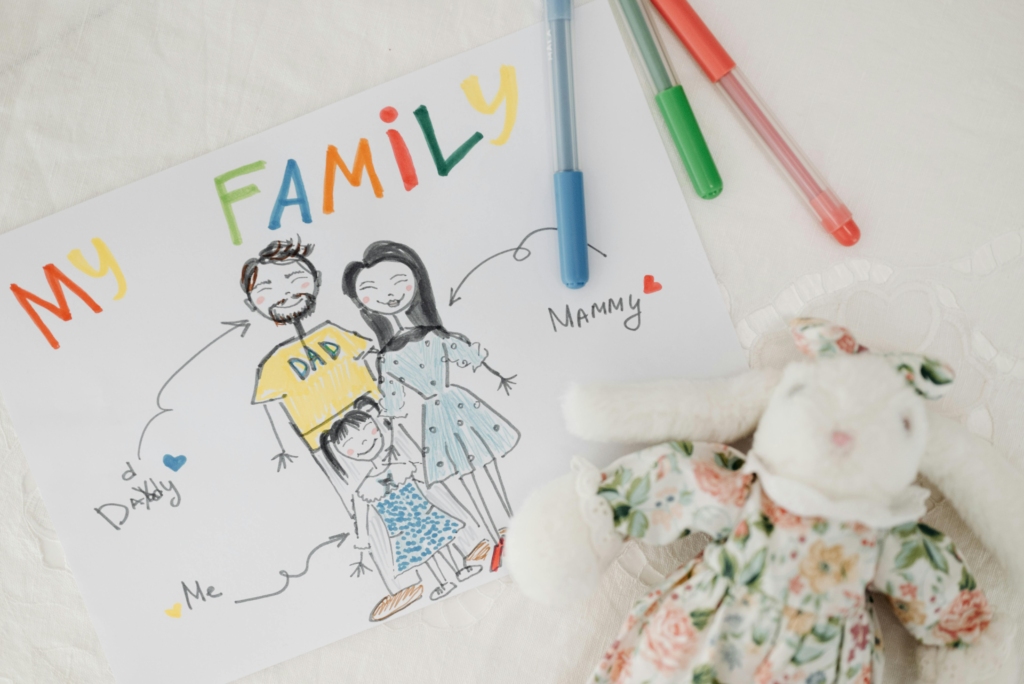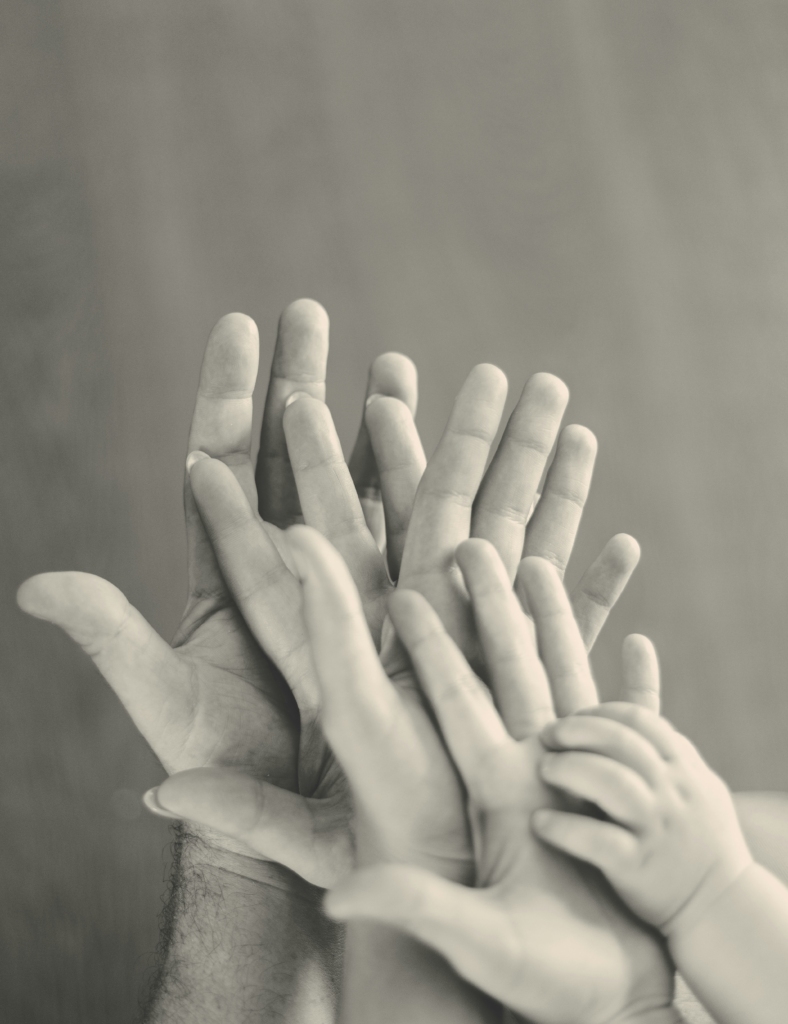QFamily is often the foundation of our emotional well-being, but it’s also where some of our deepest wounds can form. Disagreements, misunderstandings, and unresolved conflicts can create emotional distance and resentment, leaving family members feeling hurt, betrayed, or disconnected.
Forgiveness is one of the most powerful tools for healing these wounds, yet it’s also one of the hardest things to do. Many people struggle with letting go of past pain, fearing that forgiveness means excusing bad behavior or allowing themselves to be hurt again. But in reality, forgiveness isn’t about the other person—it’s about finding peace within yourself.
Family therapy provides a safe space to work through pain, rebuild trust, and foster genuine forgiveness. In this post, we’ll explore how therapy can help families overcome past hurt and create stronger, healthier relationships.
Why Is Forgiveness So Difficult in Families?
Forgiving a family member can feel more challenging than forgiving a friend or acquaintance. This is because family relationships are deeply personal, and the emotional impact of betrayal, neglect, or conflict runs deep. When someone we love and trust hurts us, it can feel like an attack on our sense of security and self-worth.
Some common barriers to forgiveness include:
- Unresolved Pain: The hurt may still feel fresh, or past wounds may have been ignored rather than healed.
- Fear of Repeating Patterns: Many people worry that forgiving means setting themselves up for future disappointment or harm.
- Lack of Acknowledgment: When the person who caused the hurt refuses to take responsibility, it can be difficult to move forward.
- Misconceptions About Forgiveness: Some believe that forgiveness means forgetting, condoning, or reconciling when, in reality, it is a personal choice to let go of resentment.
Therapy can help address these barriers by providing tools to process emotions, communicate effectively, and redefine what forgiveness means in a way that feels right for each individual.


The Role of Family Therapy in Healing and Forgiveness
Forgiveness is a process, and therapy helps guide families through it by fostering understanding, communication, and emotional healing. Here’s how:
1. Creating a Safe Space for Honest Communication
In many families, emotions go unspoken, and pain is buried rather than addressed. Therapy provides a neutral, supportive environment where family members can express their feelings without fear of judgment or retaliation. With the guidance of a therapist, difficult conversations can unfold in a constructive way, helping everyone feel heard and validated.
2. Understanding Each Other’s Perspectives
One of the biggest obstacles to forgiveness is the inability to see the situation from the other person’s point of view. Family therapy encourages empathy by helping each member understand how their actions—or lack of action—may have affected others. It also allows individuals to share their pain and experiences in a way that fosters deeper understanding.
3. Addressing Unresolved Trauma and Emotional Wounds
Forgiveness isn’t just about saying “I forgive you” and moving on. It requires acknowledging and working through the emotional pain caused by past conflicts. Therapists use techniques such as cognitive-behavioral therapy (CBT) and mindfulness practices to help individuals process their emotions, release resentment, and move toward healing.
4. Setting Healthy Boundaries for Future Interactions
Forgiveness doesn’t mean allowing toxic patterns to continue. Therapy helps families establish healthy boundaries that protect emotional well-being while still fostering connection. Whether it’s learning to say no, setting expectations for respectful communication, or limiting interactions with certain family members, boundaries play a key role in the healing process.
5. Rebuilding Trust and Strengthening Family Bonds
When trust has been broken, rebuilding it takes time. Therapy provides families with the tools to regain trust through accountability, consistency, and open dialogue. Small, meaningful actions—like showing up, actively listening, and following through on promises—can help rebuild relationships over time.
Forgiveness does not change the past, but it does enlarge the future
Paul Boese
The Personal Benefits of Forgiveness
Letting go of resentment isn’t just beneficial for the relationship—it’s also crucial for personal well-being. Holding onto anger and pain can lead to stress, anxiety, depression, and even physical health issues.
When you choose forgiveness, you give yourself the gift of:
- Emotional Freedom: Releasing anger and bitterness lightens your emotional load.
- Inner Peace: Letting go of past hurt allows you to focus on the present and future.
- Improved Relationships: Forgiveness fosters deeper connections with family members and beyond.
- Better Mental and Physical Health: Studies show that forgiveness can lower stress levels, improve sleep, and even boost immune function.
Ultimately, forgiveness is a choice you make for yourself, regardless of whether the other person apologizes or changes their behavior. It’s about reclaiming your peace and moving forward without carrying the weight of past pain.

Family relationships can be complicated, and forgiveness isn’t always easy. But holding onto past pain only keeps us trapped in emotional distress. Through family therapy, open communication, and a willingness to heal, it’s possible to move beyond resentment and find peace.
Forgiveness is not about forgetting or excusing—it’s about choosing freedom over pain, growth over stagnation, and love over bitterness.
If you’re ready to start the journey of healing, family therapy can provide the support and guidance you need. No matter how deep the wounds, there is always hope for renewal, understanding, and connection.
